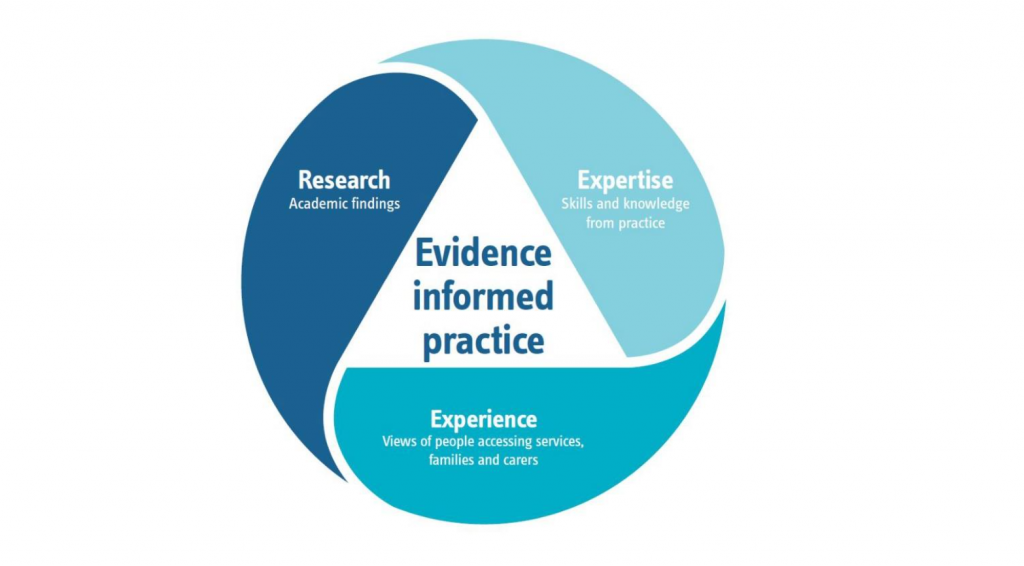What Are The Steps Of Becoming A Surgeon
The path to becoming a surgeon is rigorous, demanding, and incredibly rewarding. It requires a unique blend of intellectual prowess, technical skill, and unwavering dedication. This article dissects the multifaceted journey, outlining the essential steps and shedding light on the realities of this prestigious profession.
Step 1: Laying the Foundation: Undergraduate Education The journey begins with a strong academic foundation. Aspiring surgeons typically pursue a bachelor’s degree in a pre-med field like biology, chemistry, or biochemistry. This stage is crucial for acquiring the necessary scientific knowledge and developing critical thinking skills. Courses in anatomy, physiology, organic chemistry, and physics are particularly vital. Maintaining a high GPA is essential for competitiveness in medical school admissions. Beyond academics, undergraduates should actively seek opportunities to gain clinical experience. Volunteering in hospitals, shadowing surgeons, or participating in research projects provides invaluable insights into the medical field and demonstrates commitment to the profession.
Step 2: The MCAT: A Crucial Hurdle The Medical College Admission Test (MCAT) is a standardized exam that assesses a student’s knowledge in biology, chemistry, physics, and critical analysis. Scoring well on the MCAT is a prerequisite for admission to medical schools. It’s a rigorous exam requiring extensive preparation, often involving dedicated study schedules and practice tests.
Step 3: Medical School: Immersion in Medicine Acceptance into medical school marks a significant milestone. The four-year program is divided into two phases: pre-clinical and clinical.
Pre-clinical Years: Focus on foundational medical sciences, including anatomy, physiology, biochemistry, and pathology. This phase involves intensive classroom learning, laboratory work, and early clinical exposure through simulated patient encounters.
Clinical Years: Students transition to hands-on training in hospitals and clinics, rotating through various specialties like surgery, internal medicine, pediatrics, and obstetrics/gynecology. This is where aspiring surgeons gain direct experience interacting with patients, observing procedures, and beginning to develop clinical skills under supervision.
Step 4: The Match: Securing a Surgical Residency Upon graduating from medical school, aspiring surgeons enter the National Resident Matching Program (NRMP), a competitive process that pairs medical students with residency programs. Surgical residencies typically last 5-7 years, depending on the specialty. During residency, surgeons-in-training gain extensive experience in operating rooms, learning surgical techniques, managing patient care, and developing leadership skills under the guidance of experienced surgeons.
Step 5: Specialization and Fellowship (Optional) After completing residency, surgeons may choose to pursue further specialization through fellowships. These 1-2 year programs allow for in-depth training in specific surgical subspecialties like cardiac surgery, neurosurgery, orthopedic surgery, or pediatric surgery.
Step 6: Board Certification: A Mark of Excellence Becoming board-certified is a crucial step for surgeons. It involves passing rigorous written and oral examinations administered by the American Board of Surgery or equivalent boards in other countries. Board certification demonstrates a surgeon’s mastery of the knowledge and skills required for independent practice.
Beyond the Steps: The Reality of Surgical Life
Becoming a surgeon is not merely a series of academic and professional milestones. It’s a lifestyle characterized by:
Long Hours: Surgeons often work demanding schedules, including nights, weekends, and being on-call for emergencies.
High Stress: Surgery involves making critical decisions under pressure, often with life-or-death consequences.
Continuous Learning: Medicine is a constantly evolving field, requiring surgeons to stay abreast of the latest techniques, technologies, and research.
Emotional Resilience: Surgeons witness both triumph and tragedy, requiring emotional strength and compassion to support patients and their families.
Pros and Cons of a Surgical Career
| Pros | Cons |
|---|---|
|
|
Key Takeaway:
Becoming a surgeon is a demanding but profoundly rewarding journey. It requires unwavering dedication, intellectual prowess, and a deep commitment to patient care. While the path is challenging, the opportunity to make a tangible difference in people's lives makes it a truly noble profession.
How long does it take to become a surgeon?
+The journey typically takes 12-15 years, including undergraduate education (4 years), medical school (4 years), residency (5-7 years), and potentially fellowship (1-2 years).
What are the different types of surgeons?
+There are numerous surgical specialties, including general surgery, orthopedic surgery, neurosurgery, cardiac surgery, plastic surgery, pediatric surgery, and many more, each focusing on specific areas of the body or types of procedures.
What is the salary of a surgeon?
+Surgeon salaries vary widely depending on specialty, experience, location, and practice setting. According to the Bureau of Labor Statistics, the median annual wage for physicians and surgeons was $208,000 in May 2020.
What are the most important qualities for a surgeon?
+Essential qualities include excellent hand-eye coordination, precision, attention to detail, critical thinking skills, emotional resilience, strong communication skills, and a commitment to lifelong learning.
What are the challenges of being a surgeon?
+Challenges include long hours, high stress, the emotional toll of dealing with life-and-death situations, and the constant need to stay updated with advancing medical knowledge and technology.
**
The path to becoming a surgeon is not for the faint of heart. It demands sacrifice, resilience, and an unwavering passion for healing. However, for those who possess the drive and dedication, the rewards are immeasurable – the privilege of saving lives, pushing the boundaries of medical knowledge, and making a profound impact on the lives of patients.
